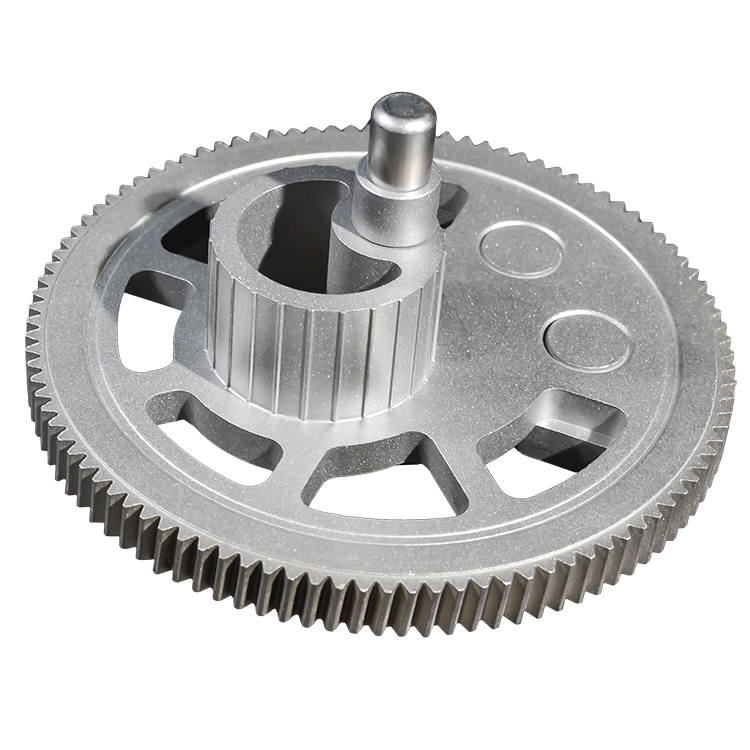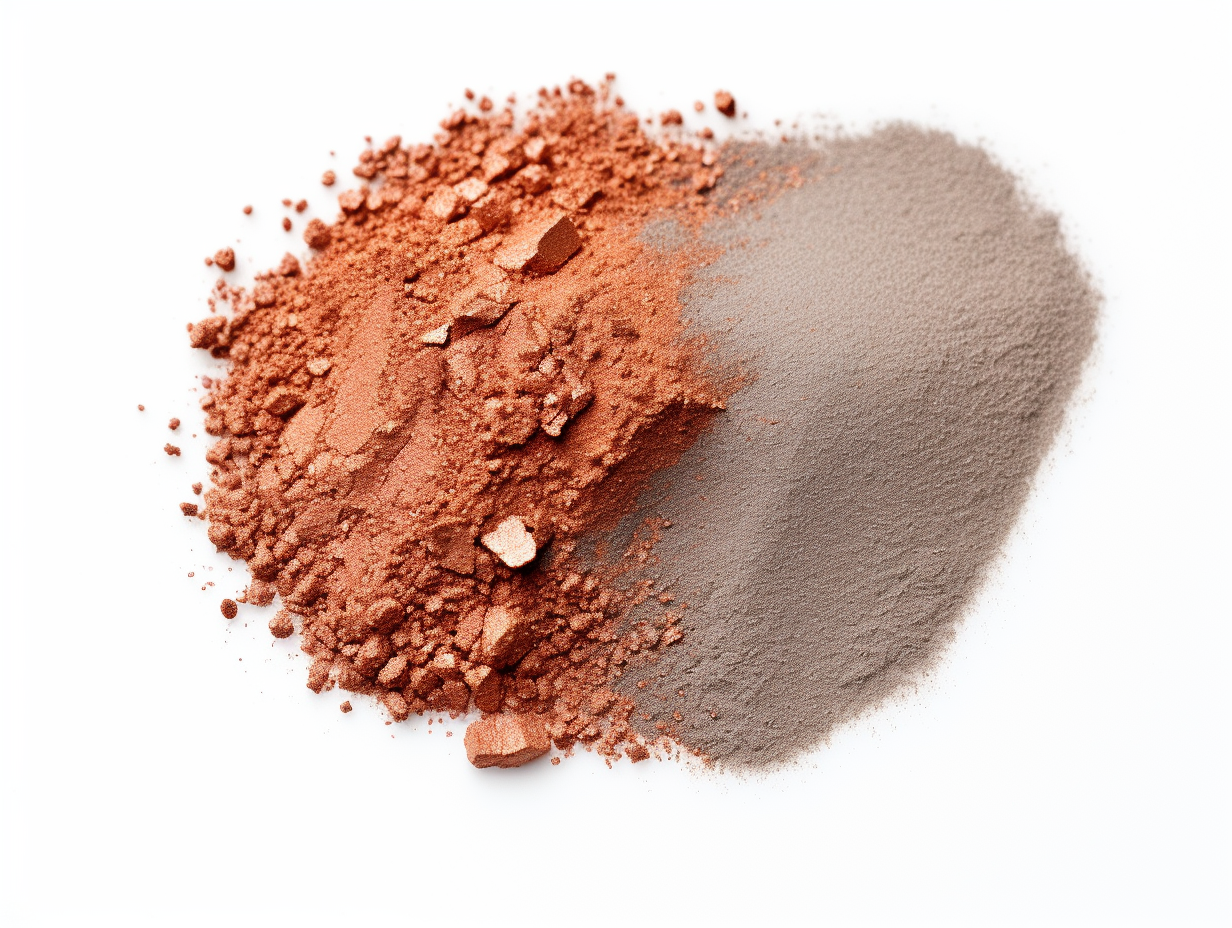
Iron-Copper, iron-nickel and iron carbon steels serve as the primary alloys in the powder metal industry. These alloys are specifically engineered for applications involving light to moderate loading. They are cost-effective to work with, easy to machine, and can achieve mechanical properties similar to low alloy wrought steel.
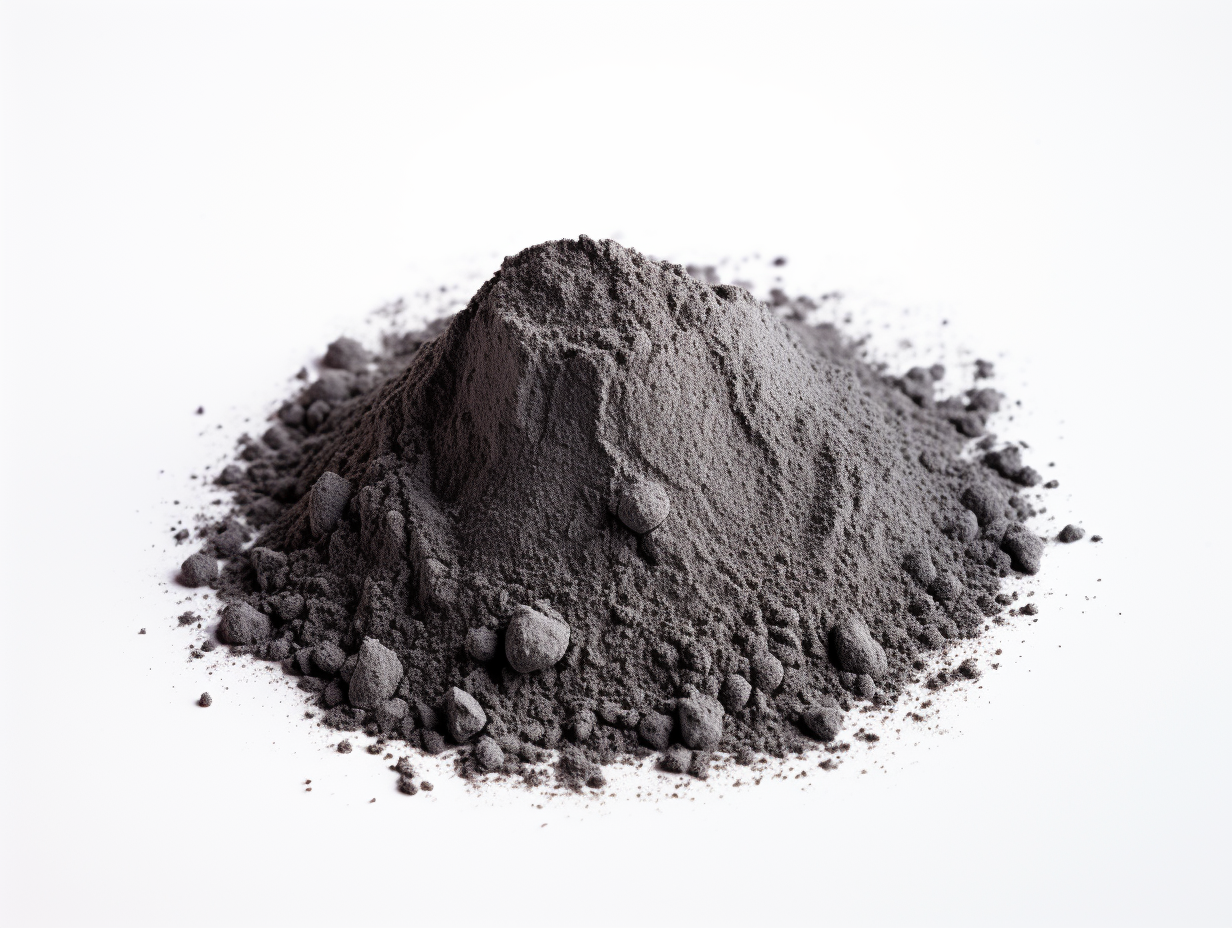
By prealloying iron powder with molybdenum, nickel, and copper, strength, hardness and wear resistance can be greatly increased. Sinter hardening materials, when used in conjunction with rapid cooling during the sintering process allow for strong, hard martensitic microstructures to be formed without the need for costly secondary heat treatment processes.
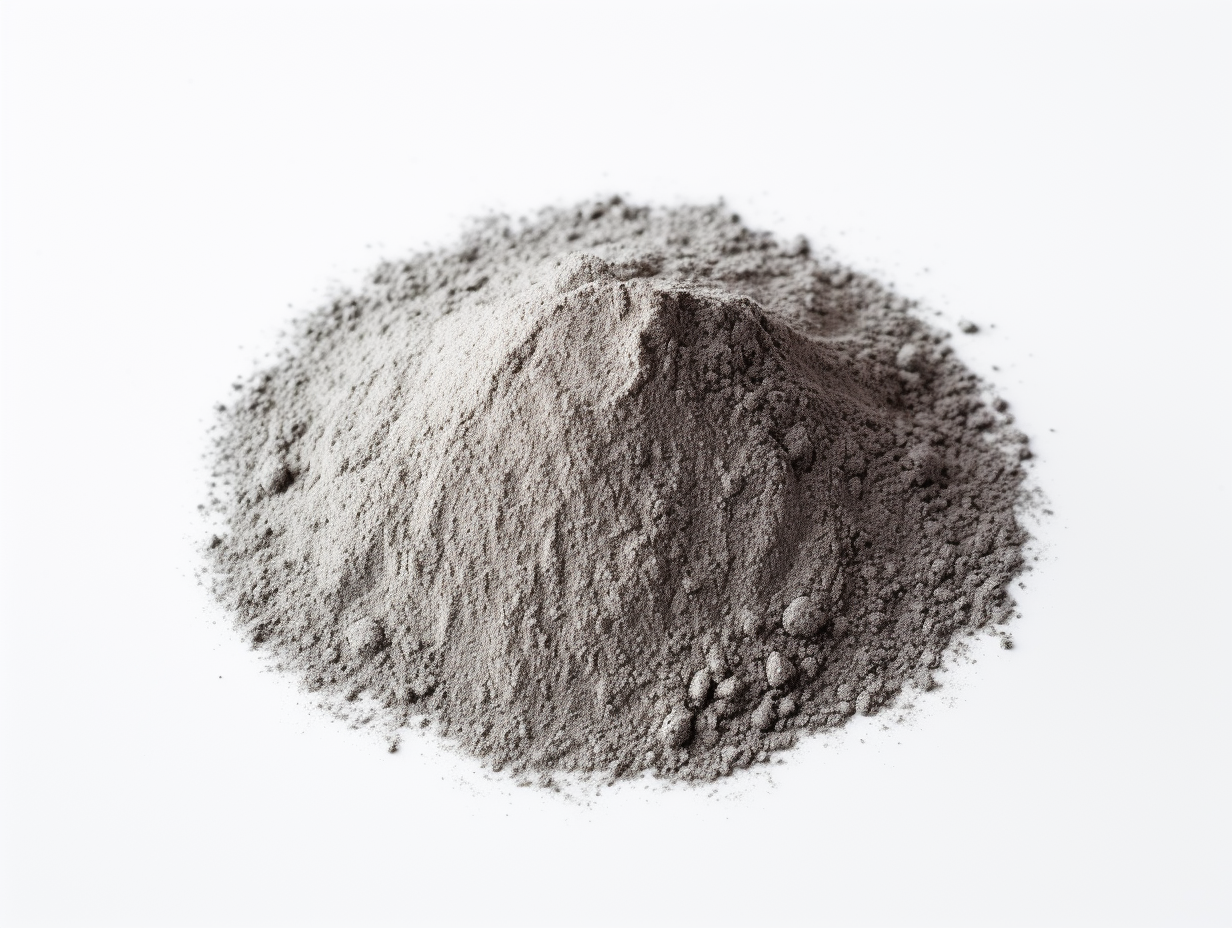
Austenitic stainless-steel grades such as 303, 304, and 316 are commonly used alloys in the PM process when corrosion resistance is important to the application. Properties such as strength, ductility and corrosion resistance of a 300 series material can be tailored to fit a given application through special control of the sintering process and atmosphere.
Ferritic stainless steels such as 409L, 410L 430L, and 434L are options for good corrosion resistance at a minimal cost.
Martensitic stainless steels such as 410-90HT offer good corrosion resistance with excellent strength and hardness.
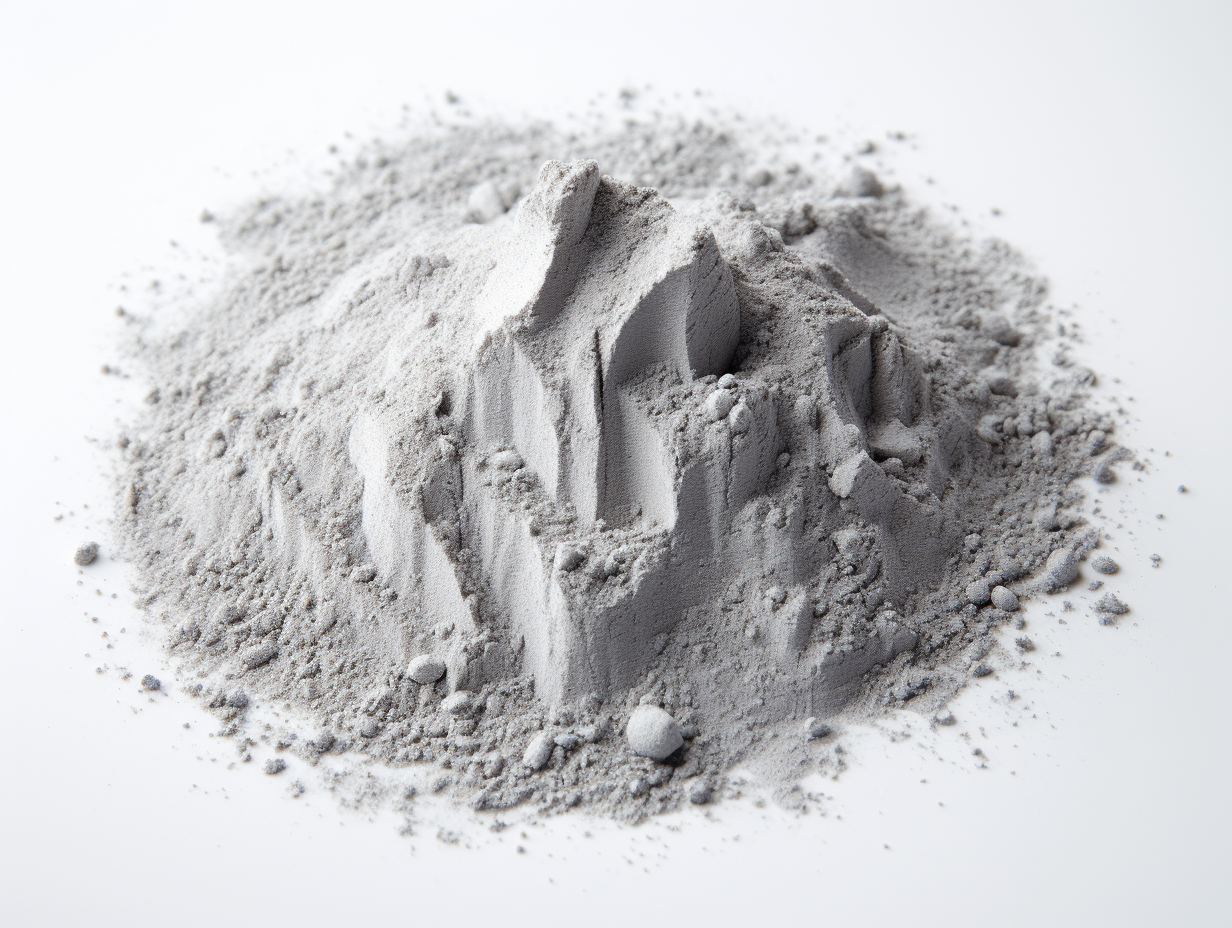
Soft magnetic alloys are created by admixing high purity iron powder with small amounts of phosphorus or silicon, or by prealloying the iron with 50% nickel. Soft magnetic irons are a cost-effective option for achieving high magnetic response characteristics in DC Magnetic field applications such as armatures, cores, relays, and magnetic pole tips.
Density, sintering temperature, and sintering atmosphere play key roles in magnetic performance properties such as induction, coercive field strength and permeability, and therefore must be tightly controlled. High temperature sintering above 2200°F (1204°C) , in vacuum or pure hydrogen produces the best magnetic properties.
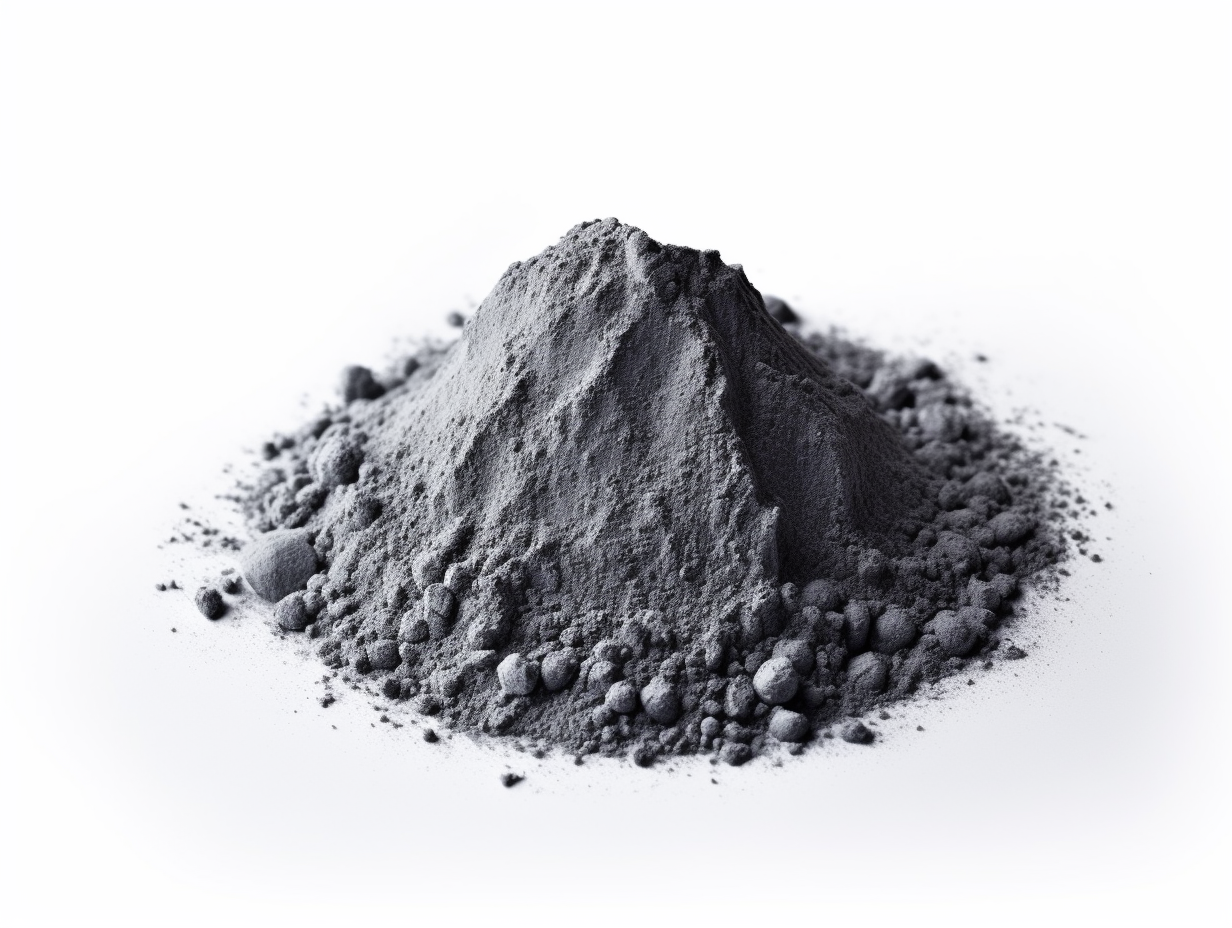
Recently developed ferrous alloys containing chromium and silicon have shown to be effective in improving both static and dynamic material properties at a modest cost, especially when sintered at high temperatures. Due to chromium’s high affinity for oxygen during sintering and oxygens detriment to mechanical properties has limited the growth of these alloys in mainstream powder metallurgy. Unlike our competition, FMS’s ability to vacuum sinter this material allows us to economically process it to achieve the highest possible mechanical properties. Our FMS-MDC-200 material can be processed in a manner to achieve hardness and tensile properties akin to wrought 8620 carburized steel.

Pure copper is commonly used in applications requiring excellent thermal or electrical conductivity. Sintered copper can achieve 90%+ IACS.
Brass, bronze, and nickel silver alloys are commonly used in applications requiring good corrosion resistance, machinability, or ductility, and are commonly used for their attractive appearance. Typical alloying elements for enhancing mechanical properties of copper are zinc, tin, and nickel. By forming parts near net shape, the high material yield of the PM process may allow for substantial cost savings over machining wrought or cast copper components. The most common and widely known use of copper in the PM process is self-lubricating Oilite bearings.
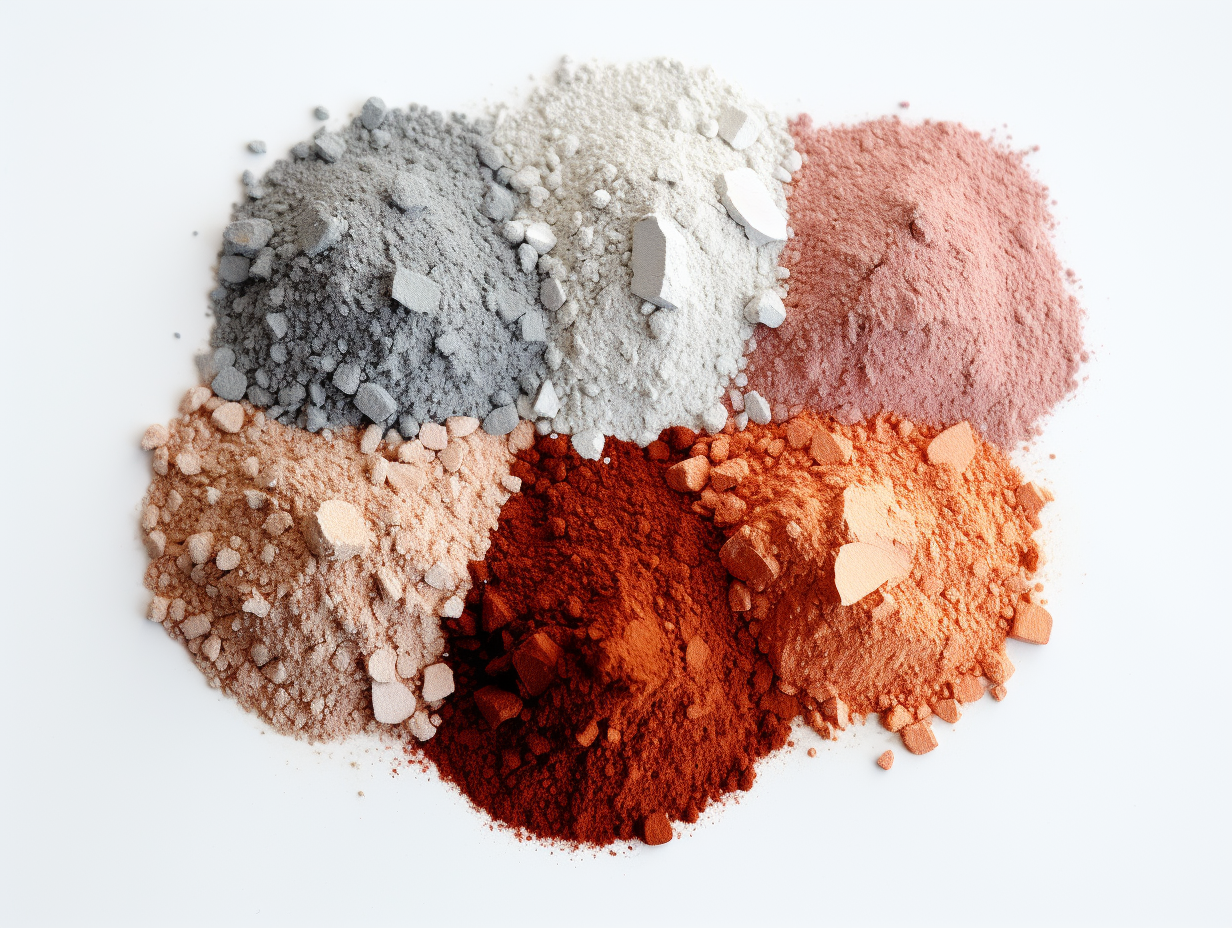
The powder metal process is unique in that it allows for incredibly customized material blends that can be tailored to suit a specific application. Our unique relationship with our powder suppliers gives us a great advantage to work together with our customers to develop new and unique material blends tailored to meet the needs of any application.
